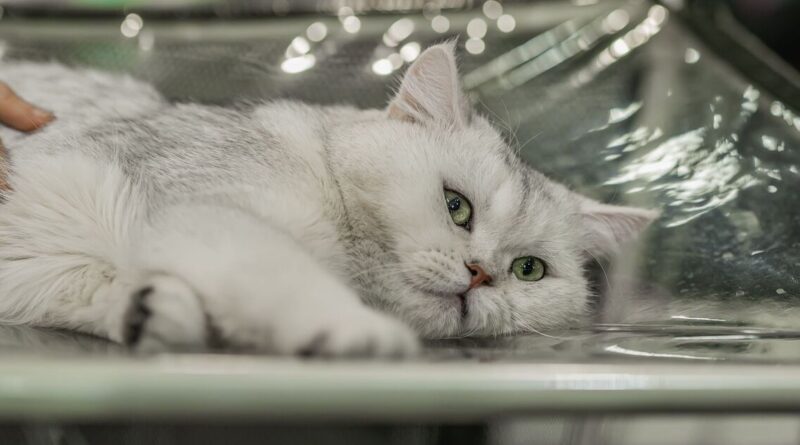Cats grieve the loss of other family pets, new study shows – behaviours to spot
Regarded as more independent animals than dogs, the domesticated cat may shy away from affection whenever the mood strikes them.
Professor Jennifer Vonk, a comparative and cognitive psychologist at Oakland University in the US, wanted to explore the feline behaviours associated with grief.
Professor Vonk said: “Unlike dogs, we tend to think that cats are aloof and not social. I think we’ve been mischaracterising them.”
In her research, the caregivers of more than 450 cats who had another pet, either a cat or a dog, that died recently were asked about the living cat’s behaviour.
About two-thirds of cases the deceased pet was another cat and the rest were dogs.
In the research paper, published in the academic journal Applied Animal Behaviour Science, the authors noted their findings.
“They engaged less in sleeping, eating and playing but more in seeking attention from humans and other pets, hiding, spending time alone and appearing to look for their lost companions,” the authors wrote.
Such findings suggest that the psychological experience of loss might be universal.
The cats in the study were seemingly more affected by the loss if they had spent more time with the other pet when the animal was alive.
“Time that companion animals spent together engaged in daily activities predicted greater grief-like behaviours and fearfulness,” the authors stated.
“While more positive relationships between the surviving and deceased animals predicted decreases in sleeping, eating and playing.”
The authors added: “Whereas dogs, descended from pack animals, might reasonably respond more strongly to the death of a conspecific, cats under human care have adapted to live among conspecifics and their capacity to respond to the loss of a companion warrants further study.”
One limitation, however, is the idea that owners could be projecting their own feelings of grief onto the surviving pet.
“Consistent with this hypothesis, caregivers who experienced greater grief were more likely to report increases in their surviving cats’ sleep, spending time alone and hiding following the death,” the authors concluded.





